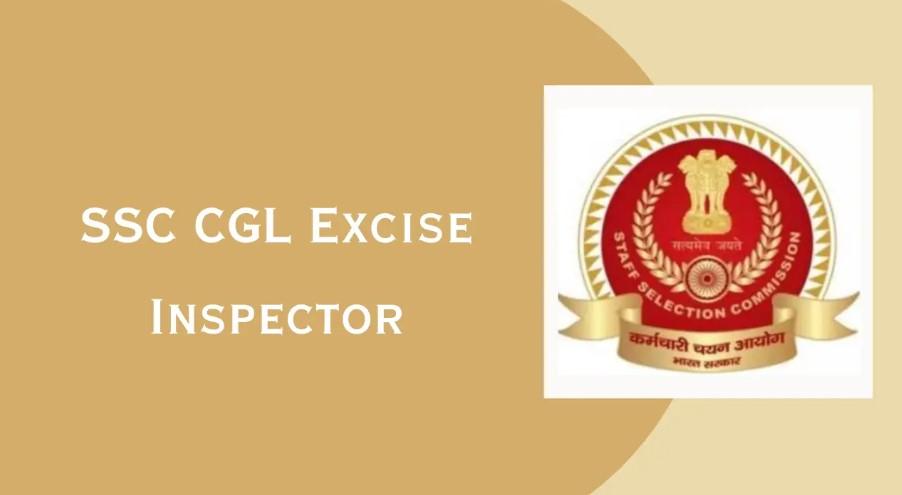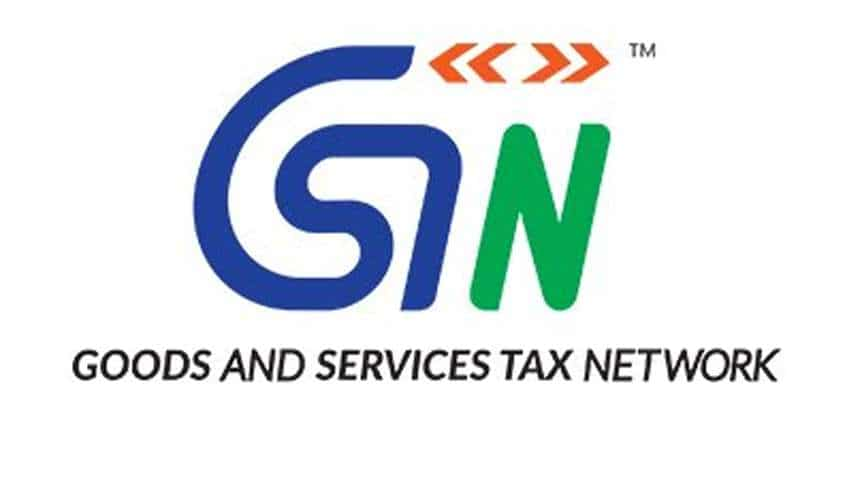Introduction

On October 12, 2023, the Allahabad High Court set aside a penalty order imposed by the GST department on an assessee who was able to generate e-way bills with a cancelled GSTIN. The court held that the department was not justified in imposing a penalty on the assessee in the absence of any evidence of mens rea or fraud. The court also observed that the assessee’s ability to generate e-way bills with a cancelled GSTIN suggested that there may have been a technical glitch in the GST system.
This case is significant as it provides relief to businesses that may have been penalized for inadvertent errors or technical glitches. It is also a reminder to the GST department to be more reasonable and considerate when dealing with taxpayers.
Facts of the case
In the case of Meera Tent Cloth Supplies v. Additional Commissioner, the petitioner’s GSTIN was cancelled on September 29, 2023. However, the petitioner was still able to generate e-way bills for their goods in transit on October 1, 2023. The petitioner’s goods were intercepted by the GST department on October 2, 2023, and the petitioner was penalized for transporting goods with a cancelled GSTIN.

The petitioner challenged the penalty order, arguing that they were not aware of the cancellation of their GSTIN and that they had been able to generate e-way bills without any problems.
Court’s reasoning
The Allahabad High Court allowed the petitioner’s challenge and set aside the penalty order. The court held that the department was not justified in imposing a penalty on the assessee in the absence of any evidence of mens rea or fraud. The court also observed that the assessee’s ability to generate e-way bills with a cancelled GSTIN suggested that there may have been a technical glitch in the GST system.
Implications of the case
This case is significant for a number of reasons. First, it provides relief to businesses that may have been penalized for inadvertent errors or technical glitches. Second, it is a reminder to the GST department to be more reasonable and considerate when dealing with taxpayers. Third, the case raises important questions about the reliability of the GST system.
Analysis of the court’s reasoning
The Allahabad High Court’s reasoning in this case is sound. The court correctly held that the department was not justified in imposing a penalty on the assessee in the absence of any evidence of mens rea or fraud. The court also rightly observed that the assessee’s ability to generate e-way bills with a cancelled GSTIN suggested that there may have been a technical glitch in the GST system.
It is important to note that the Allahabad High Court’s order is just one case and does not set a binding precedent. However, the case is likely to be cited by other courts in similar cases.
Reliability of the GST system
The Allahabad High Court’s order raises important questions about the reliability of the GST system. If businesses are able to generate e-way bills with cancelled GSTINs, then it raises concerns about the integrity of the system. The GST department needs to take steps to address this issue and ensure that the GST system is more reliable and secure.

Recommendations
In light of the Allahabad High Court’s order, the following recommendations are made:
- The GST department should review its procedures for cancelling GSTINs to ensure that businesses are properly notified of the cancellation.
- The GST department should investigate the technical glitch that allowed the assessee in this case to generate e-way bills with a cancelled GSTIN.
- The GST department should take steps to make the GST system more reliable and secure.
Conclusion
The Allahabad High Court’s order in the case of Meera Tent Cloth Supplies v. Additional Commissioner is a significant development. The case provides relief to businesses that may have been penalized for inadvertent errors or technical glitches. It is also a reminder to the GST department to be more reasonable and considerate when dealing with taxpayers. The case also raises important questions about the reliability of the GST system. The GST department needs to take steps to address these issues and ensure that the GST system is more reliable and secure.
Additional thoughts
In addition to the recommendations made above, the GST department should also consider the following:

- Providing businesses with more guidance on how to comply with the GST e-way bill system.
- Making the GST e-way bill system more user-friendly.
- Simplifying the GST













